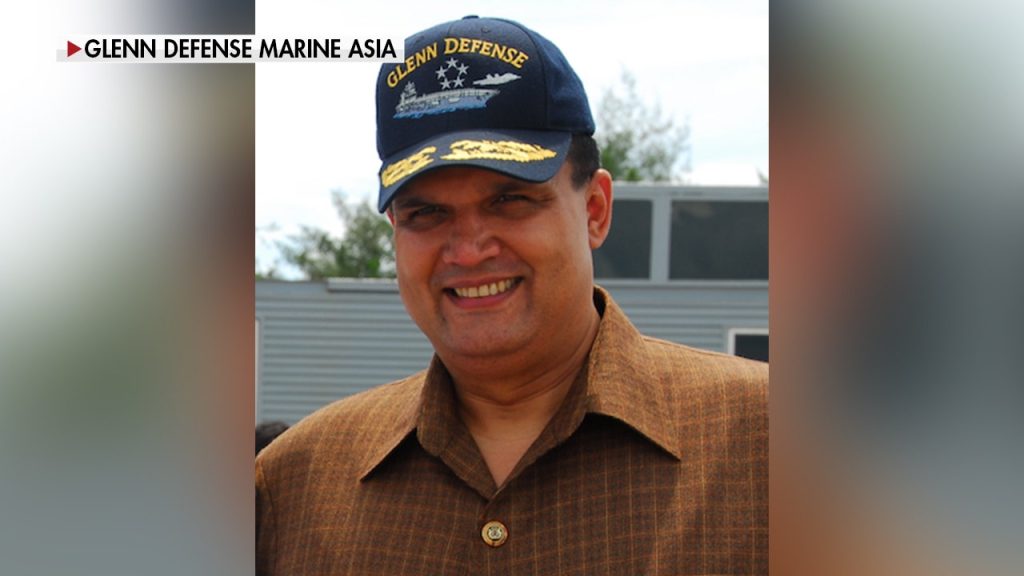Leonard “Fat Leonard” Francis is a former Malaysian defense contractor who bribed hundreds of Navy officers for classified information for over 20 years, defrauding the U.S. government and American taxpayers of at least $35 million. In 2013, he was caught in a sting operation, leading to nearly 1,000 Navy officers coming under scrutiny, including 91 admirals. Federal prosecutors brought charges against 34 defendants, resulting in one of the largest scandals in U.S. Navy history. Francis bribed officers with lavish meals, expensive gifts, and orgies in exchange for classified national security information.
A San Diego judge recently dismissed felony convictions for five military officers who accepted bribes from Francis after the government requested it due to prosecutorial errors. Despite their guilty pleas to bribery and receiving various benefits from Francis, including meals, prostitutes, and hotel expenses, the officers had their felony convictions dismissed and pleaded guilty to lesser misdemeanor charges for disclosing classified information. The dismissals were not an indication that the officers did not commit the crimes, but rather due to information being withheld from the defense.
Washington Post investigative reporter Craig Whitlock has extensively covered the Fat Leonard scandal and recently published a book on the topic. Whitlock describes how Francis enticed Navy officers with extravagant outings, including sex parties with prostitutes in Asia. By providing officers with extravagant gifts and illicit experiences, Francis was able to gain their trust and extract national security information. The officers perceived him as a loyal figure who was patriotic, unaware of the threat he posed. Francis used the information and photos from the events to manipulate the officers into doing his bidding.
Francis, who pleaded guilty in 2015 to offering over $500,000 in cash bribes to U.S. military officers, was caught in a sting operation in 2013 and faced up to 25 years in prison. Despite his arrest, Francis continued to bribe individuals, even convincing a judge to release him on house arrest for cancer treatment and cutting off his GPS tracker to escape. He went to Venezuela before being captured and sent back to the U.S. in a prisoner swap. Prosecutors are preparing to bring charges related to his escape after his sentencing. Most admirals and senior officers involved in the scandal received minimal punishment, with many escaping consequences altogether, according to Whitlock, who noted that they were aware of the wrongdoing but believed they would not get caught.














